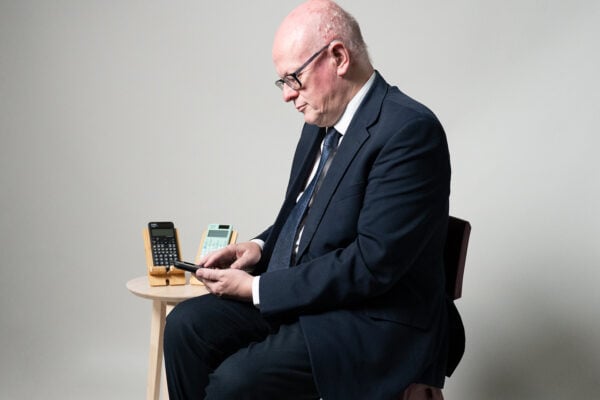The Astonishing Stats Behind New Year’s Resolutions

Raise your hand if your New Year’s Resolution has already been broken.
You’re not alone. By the second week of February, as many as 80% of resolutions are already broken. Fast forward to the end of the year, and only 8% are kept. Clearly, we’re not good at sticking to our resolutions.
We also get worse at keeping then as we get older. While 39% of people in their twenties will keep their resolutions until the end of the year, this drops to 14% among people in their fifties – it seems experience isn’t an advantage.
Why do we make New Year’s Resolutions
If we’re so bad at keeping to our resolutions, you might wonder why we bother in the first place. The tradition itself goes bad to Roman times. January is named after the Roman god Janus, who has two faces. This enabled him to look forward to the future and back to the past at the same time. The New Year became a symbolic time for Romans to reflect on the past year and look forward with new resolutions for the year ahead.
Nowadays, resolutions typically focus on self-improvement. Resolutions are usually set to either start a good habit or stop a bad habit, with an estimated 45% of people making New Year’s Resolutions each year.
In 2018, the most popular resolutions were:
-
Save money – 53%
-
Lose weight or get into shape – 45%
-
Travel more – 24%
-
Read more books – 23%
-
Learn a new skill or hobby – 22%
-
Buy a house – 21 %
[Source: Statista]
Why can’t we stick to our resolutions?
People fail for a number of reasons. Resolutions are often unrealistic. They try to make a dramatic change that is never going to be possible, such a going to the gym every day when you never normally exercise. Or people set too many resolutions, trying to learn a new language, travel more and move house. In fact, 40 percent say that they end up being too busy to stick to their resolutions.
How to keep your resolutions throughout the year
Make your resolutions more specific
Rather than just setting a resolution to travel more, plan to visit four different countries by the end of the year. This approach gives you something more specific to aim towards instead of a general goal.
Accept short term setbacks
There will be times when things don’t go to plan. Instead of giving up, accept the setback and carry on trying. One missed gym session doesn’t have to be the end of your resolution to improve your overall fitness. It can take 18 – 45 days to form new habits, so it will take time before changes become second nature.
Reward yourself for each achievement
Keep your motivation high, by giving yourself regular rewards for each achievement. So if you keep your resolution to exercise three times a week until the end of January, treat yourself with a trip to the cinema or new gym gear to keep your motivation high.



